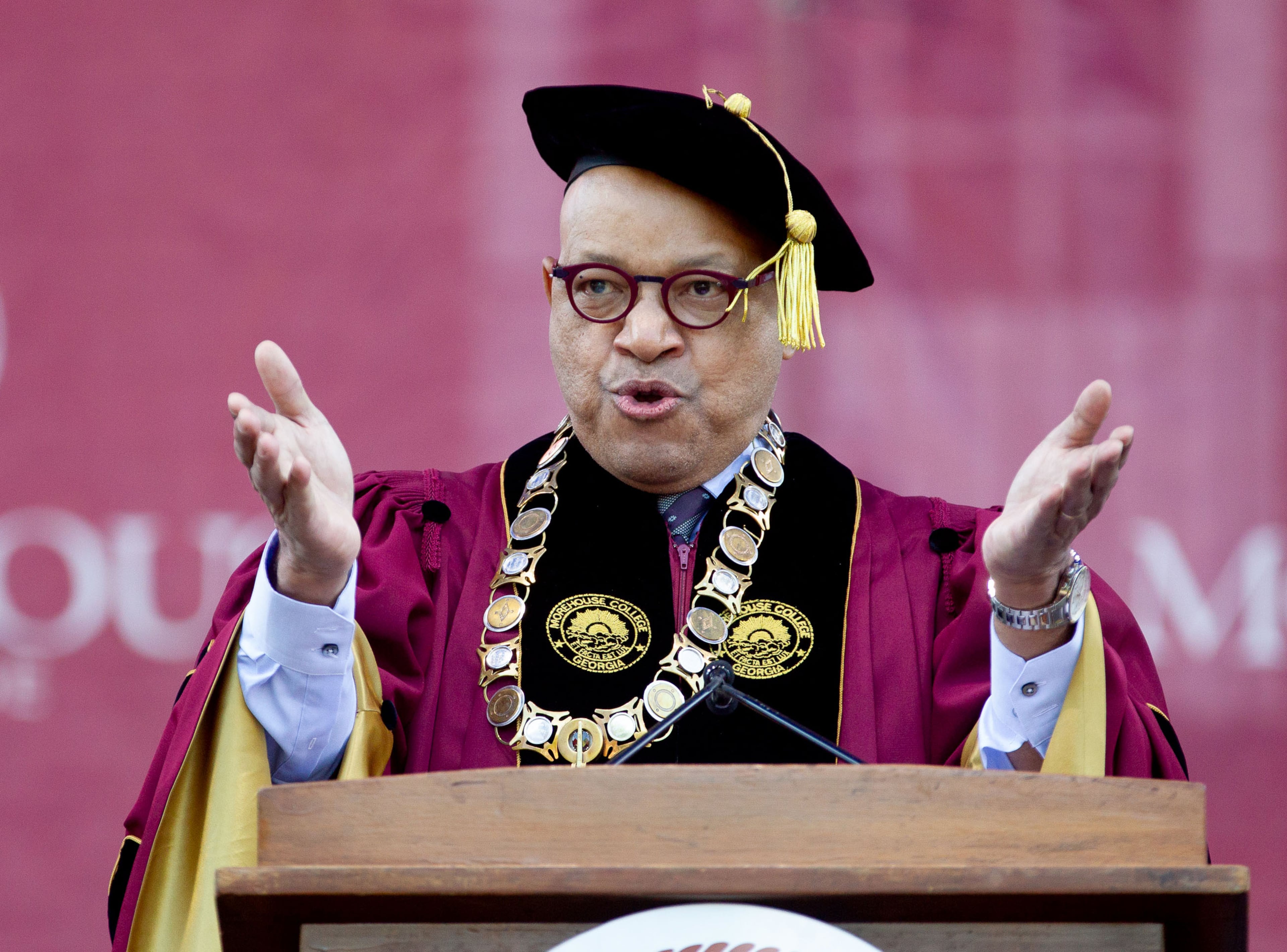How high court’s affirmative action ruling impacts Georgia colleges
Education leaders have been waiting for months for Thursday’s U.S. Supreme Court decision, which ruled race-conscious admissions programs at Harvard and the University of North Carolina were unlawful.
Experts believe the ruling could limit affirmative action enrollment programs at colleges and universities across the nation.
The University System of Georgia, though, does not consider race in its admissions process.
”At all 26 University System of Georgia institutions, race or ethnicity is not a determining factor in admissions. USG follows the law with regards to the admission of students,” it said in a statement released Thursday just after the court’s decision.
Race had been used as an admissions criteria for 10% to 15% of the University of Georgia’s enrollment until 2000, when the school lost a court battle that challenged the policy. Three white women denied admission sued UGA, saying the admissions policy was discriminatory. The school announced in 2001 it would not fight the court’s decision. About 35% of UGA’s students last fall were non-white.

Georgia’s private colleges and universities are also bracing for impacts from the decision.
Morehouse College President David A. Thomas called the court’s ruling “a travesty for the nation.” He expects the number of Black and brown students admitted to selective schools to drop in the coming years, a grave concern especially since graduates of such schools are poised to ascend to prominent positions and jobs with influence.
As students seek out other options, he expects the number of applications to Morehouse and other historically Black colleges to soar. Morehouse already competes with Ivy League and liberal arts colleges across the nation for students, he said.
“Over the course of the next two to three years applications at Morehouse will probably double, and a challenge for us will be how much larger can Morehouse be with the resource that we now have,” Thomas said Thursday in an interview with The Atlanta Journal-Constitution.

But Thomas said historic underfunding of HBCUs will make it challenging for the schools to admit more students.
Morehouse enrolled about 2,200 students last school year, and he said the school could easily grow by up to 1,000 students without affecting the quality of students admitted. The challenge, however, is that it and other HBCUs don’t have the staff, faculty and facilities to accommodate such big increases.
More realistically, Morehouse has the capacity to slowly add another 300 students, he said.
A spokeswoman for Emory University, state’s largest private university with more than 15,000 students, said officials were reviewing the ruling.
Last summer, though not directly involved in the litigation, Emory joined 14 other schools in filing a brief with the court regarding the two affirmative action cases. The brief emphasized the “profound importance of student body diversity — including racial and ethnic diversity.”
The universities wrote: “Diversity fosters a more robust spirit of free inquiry and encourages dialogue that sparks new insights. Diversity encourages students to question their own assumptions, to test received truths, and to appreciate the complexity of the modern world.”
Here’s the racial demographic breakdown of students in the University System of Georgia for the fall 2022 semester:
| Race | # Students | Percentage |
|---|---|---|
| White | 149,941 | 44.8 |
| Black | 84,244 | 25.2 |
| Asian | 43,005 | 12.5 |
| Hispanic | 36,840 | 11 |
| Two or more races | 13,223 | 4 |
| Unknown / undeclared | 6,399 | 1.9 |
| Native American | 511 | 0.2 |
| Pacific Islander | 296 | 0.1 |
Source: University System of Georgia



